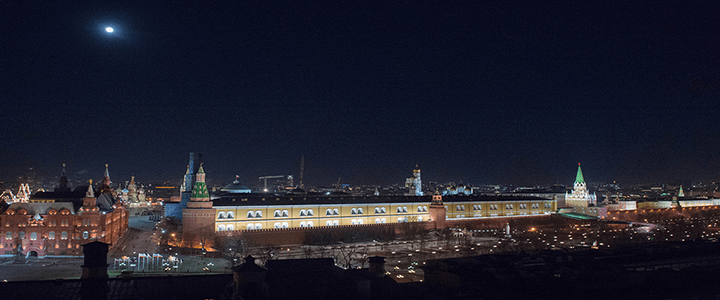Where does one begin to unpack special counsel Robert Mueller’s 37-page indictment of 13 Russian citizens? On Friday, a grand jury gave Mueller indictments against the Russians on charges of conspiracy to defraud the United States, conspiracy to commit wire fraud and bank fraud, and aggravated identity theft in connections with activities designed to undermine the 2016 presidential election. There’s a lot to unpack.
Let me begin by stating that I believe the charges are true; Russians, with or without the sanction of their government, sought to influence the election, first merely to hurt Hillary Clinton, and once it was clear he was going to secure the nomination, specifically to help Donald Trump. The president is correct, however, when he points out that nothing in this indictment indicates there was any collusion between his team and the Russians running the operation. (His critics will quickly add, “yet”).
When the Russian operation first came to light in October 2016, I said to friends that it wasn’t any different than anything spies have done to their adversaries for about as long as spies and free elections have coexisted. That doesn’t mean, however, that when we uncover these types of operations we ought not do anything about it.
Some really stupid emails
The evidence that Mueller and team lay out in the indictment is very specific, and based on some solid investigatory work. They detail how the Russians obscured their true identities by inventing fake American personas, and stealing the identities of real people. Under the auspices of the “Internet Research Agency” (forever screwing up the Google searches of people trying to research Northern Ireland), the group went beyond just posting ads to Facebook and moved into getting others to organize actual events.
Let this be a lesson to others: if the U.S. government wants your emails, it will get them. The indictment is full of information gleaned from email correspondence of its subjects, including at least one which Irina Kaverzina (inexplicably) sent to family members after the FBI “busted our activity” in which she says she’s been preoccupied”with covering tracks together with the colleagues.”
Kaverzina also (I suppose I should cover myself and say “allegedly”) admitted in the same email that she created social media content which American voters believed “was written by their people.” If she was working for the government, she clearly was not an honor graduate of the FSB Academy. Felix Dzerzhinsky is rolling in his grave.
A flaw in our system
But to me, the real weakness uncovered by the whole Russian affair is the way our federal election laws have not kept pace with the times. To the uninitiated (in other words, me, before I investigated it) the first count of the indictment — conspiracy to defraud the United States — sounds like it involves money. It doesn’t.
The Department of Justice explains that conspiracy to defraud the government can also involve attempts “to interfere with or obstruct one of its lawful governmental functions by deceit, craft or trickery.” In this case, that lawful function is the Federal Elections Commission’s duties to ensure everyone follows campaign finance laws.
But there’s a reason the indictment doesn’t charge the conspirators with violating those laws: technically, they didn’t.
Section 30121 of the U.S. Code’s title 52 makes it a crime (punishable by a fine and up to five years in prison) for a foreign individual to make, “directly or indirectly” a donation (of money or any other thing of value) to an American political committee or to make “an expenditure, independent expenditure, or disbursement for an electioneering communication.”
One problem: the Russians are accused of buying ads on Facebook and paying people for costs associated with public events. None of those qualify as “electioneering communications.” The elections laws defining electioneering communications refer only to “broadcast, cable, or satellite communication.” Facebook doesn’t fit that definition. The only thing Mueller can do is charge the Russians with trying to evade the FEC’s oversight — whether there was any real authority for oversight or not.
Despite the “everybody does it” nature of destabilizing information operations, the U.S. cannot sit idly while Russians, or any other foreign government tries to undermine our democratic institutions. The situation requires a response, and Mueller’s probe is one way of getting that job done.
But the indictments are a reminder that the special prosecutor’s mandate is broader than just alleged “Trump-Russia collusion,” as much as many people want it to be. There is real campaign to destabilize our society and our institutions. That by itself is troublesome enough.


